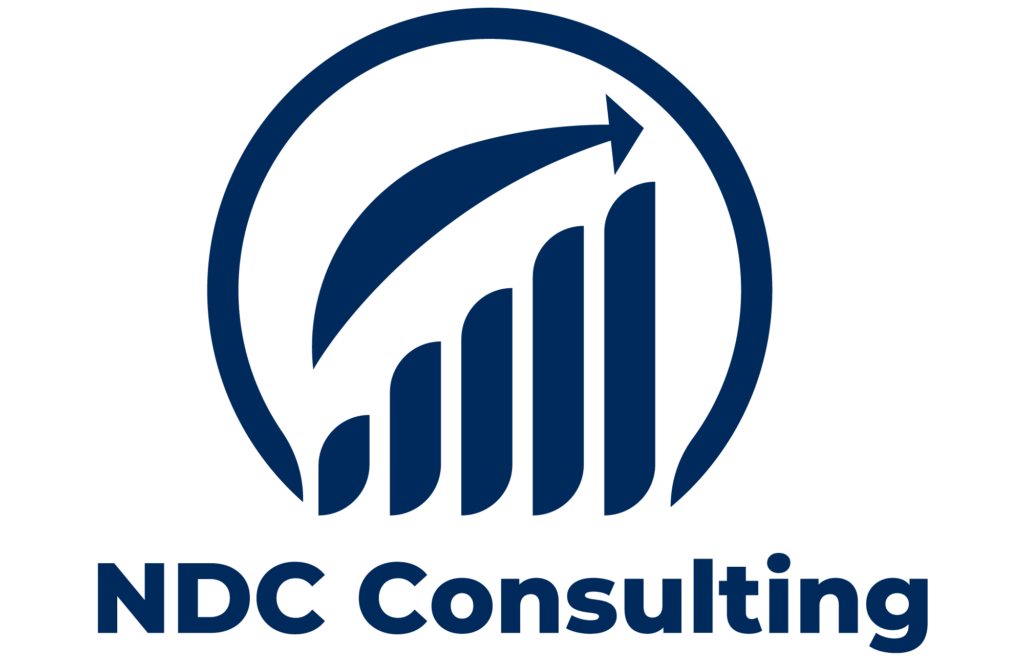
Specialized external entities or internal staff carry out HIPAA risk evaluations. Internally, evaluations are managed by assigned teams or IT specialists utilizing their inside expertise. External experts with industry knowledge are brought in for thorough assessments by HIPAA compliance consultants, security companies, or specialist software tools. Resources, necessary skills, and evaluation complexity all influence the decision.
Understanding HIPAA Risk Assessment
A comprehensive assessment specific to healthcare activities is known as a HIPAA risk assessment. The creation, use, storage, transfer, and disposal of protected health information (PHI) are all examined. The analysis emphasizes patient data availability, security, and integrity in compliance with the HIPAA Security Rule.
PHI vulnerabilities are not limited to cyberattacks. There are serious hazards associated with human error, physical breaches, and social engineering scams. A more thorough risk assessment is ensured by taking a holistic approach that takes into account these complex concerns.
Considerations for conducting a HIPAA risk assessment
- Concentrate on PHI security: Healthcare organizations need to be aware of PHI’s life cycle. Taking care of risk that are related to electronics, physical objects, and people guarantees a thorough assessment and protects against a variety of vulnerabilities.
- Key stakeholder participation: Improving the evaluation is the result of including personnel from relevant areas (IT, billing, medical records). These observations offer a comprehensive perspective on PHI handling, improving risk assessment.
- Updates on a regular basis and ongoing compliance: Ongoing evaluations support adaptation to evolving threats. Rapid evaluations following major modifications ensure adherence to regulations and strong safety measures.
Who conducts a HIPAA risk assessment?
Internal resources: Risk assessments are frequently led by designated employees or cross-functional teams in healthcare settings. They should be able to work well across departmental boundaries, comprehend the complexities of the organization, and have a strong background in security and compliance. A greater comprehension of the organization’s operations is fostered by the use of internal resources. Access to resources and specialized expertise, however, can provide difficulties.
External options: Using outside organizations such as security companies, HIPAA compliance experts, or expert software solutions provides an alternative strategy. These outside specialists offer specific expertise and approaches designed for use in healthcare environments. They offer a new, unbiased viewpoint and frequently have industry-specific experience. It is possible that this method will be more expensive and necessitate cooperation between internal stakeholders and external evaluators.
Identifying potential assessors
- Internally, evaluations are typically carried out by specially designated personnel from the compliance or IT departments. These people are very knowledgeable about the systems and procedures of the company. A comprehensive approach to PHI handling is ensured via departmental collaboration.
- Hiring security companies or HIPAA compliance specialists from outside sources offers specialized knowledge. These organizations provide their industry expertise, variety of approaches, and extensive expertise in performing risk assessments customized for healthcare settings. Specialized software tools for healthcare environments also provide effective risk assessment capabilities and guidance.
Tools for conducting risk assessments
The risk assessment process can be made simpler by using established tools and frameworks. Healthcare facilities, especially mental health practices, can benefit from specialized guidelines provided by the HHS Security Risk Assessment Tool. This program helps find vulnerabilities that could allow PHI security to be compromised, like out-of-date software, insufficient access controls, or insufficient encryption.
According to HHS, “The tool’s features make it useful in assisting small and medium-sized health care practices and business associates in complying with the Health Insurance Portability and Accountability Act (HIPAA) Security Rule.”

